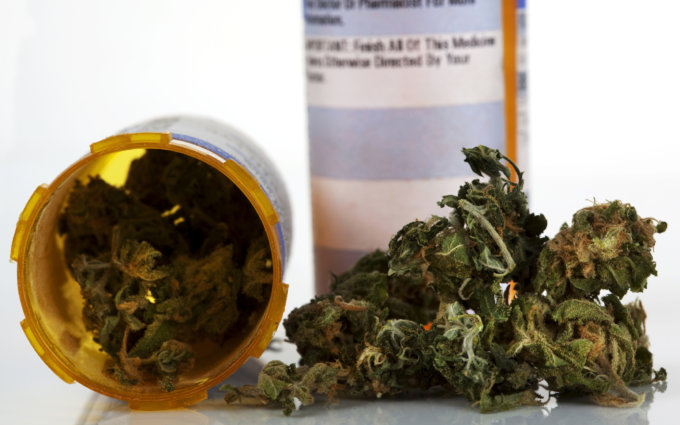09/17/2019

Steven Moskowitz, MD, Paradigm Senior Medical Director, recommends this recent article, Association between medical cannabis laws and opioid overdose mortality has reversed over time, from the Proceedings of the National Academy of Sciences.
“This article is a must-read for all those curious whether cannabis actually does decrease opioid mortality,” he says. “The authors advise that assertions that medical cannabis laws will reduce opioid overdose death should be met with skepticism.”
Moskowitz sees the recommendation as a good reminder that medical professionals and workers’ compensation professionals must adhere to principles of evidence-based medicine.
“We need to be skeptical before we adopt claims made in headlines, and continue to discuss these complex issues,” he says. “In fact, some findings caution that making assumptions about the role of opioids in treating opioid addiction may give doctors and patients a sense of false security, potentially contributing to a fatal relapse.”
Paradigm CMO Michael Choo, MD, discussed this topic in workcompwire.com where he concluded, “Despite current public sentiment driving the medical marijuana and legalization movement, it is crucial to acknowledge both the encouraging data as well as some disconcerting realities with marijuana/cannabis use.” Read his full perspective In The News.
Here’s the abstract of the article in Proceedings of the National Academy of Sciences.
Medical cannabis has been touted as a solution to the US opioid overdose crisis since Bachhuber et al. found that from 1999 to 2010 states with medical cannabis laws experienced slower increases in opioid analgesic overdose mortality.
That research received substantial attention in the scientific literature and popular press and served as a talking point for the cannabis industry and its advocates, despite caveats from the authors and others to exercise caution when using ecological correlations to draw causal, individual-level conclusions.
In this study, we used the same methods to extend Bachhuber et al.’s analysis through 2017. Not only did findings from the original analysis not hold over the longer period, but the association between state medical cannabis laws and opioid overdose mortality reversed direction from −21% to +23% and remained positive after accounting for recreational cannabis laws.
We also uncovered no evidence that either broader (recreational) or more restrictive (low-tetrahydrocannabinol) cannabis laws were associated with changes in opioid overdose mortality.
We find it unlikely that medical cannabis—used by about 2.5% of the US population—has exerted large conflicting effects on opioid overdose mortality. A more plausible interpretation is that this association is spurious. Moreover, if such relationships do exist, they cannot be rigorously discerned with aggregate data. Research into therapeutic potential of cannabis should continue, but the claim that enacting medical cannabis laws will reduce opioid overdose death should be met with skepticism.
Association between medical cannabis laws and opioid overdose mortality has reversed over time. Chelsea L. Shover, Corey S. Davis, Sanford C. Gordon, Keith Humphreys. Proceedings of the National Academy of Sciences Jun 2019, 116 (26) 12624-12626; DOI: 10.1073/pnas.1903434116